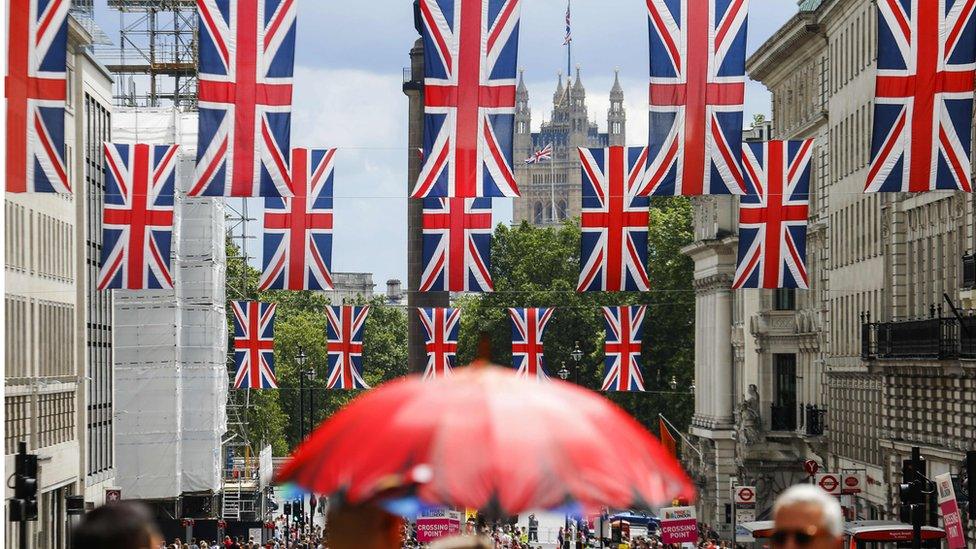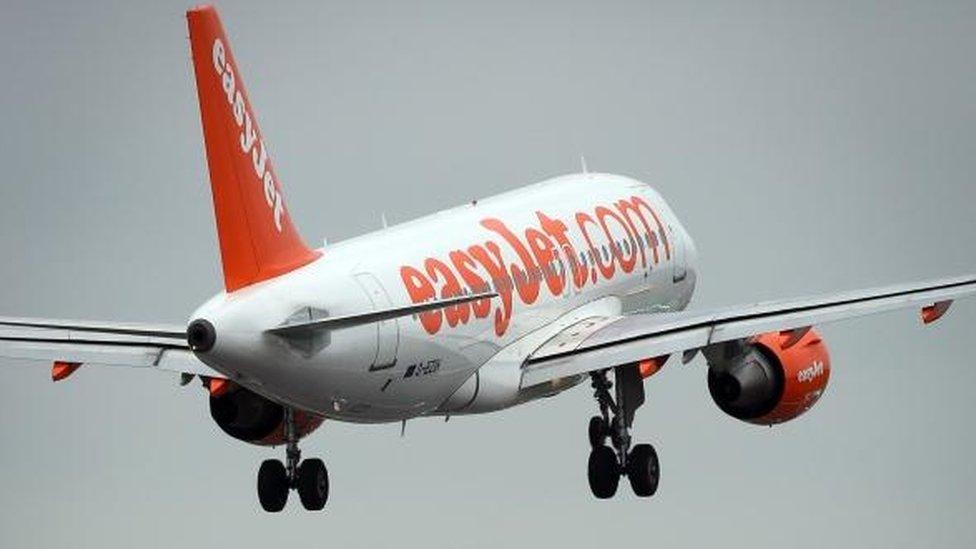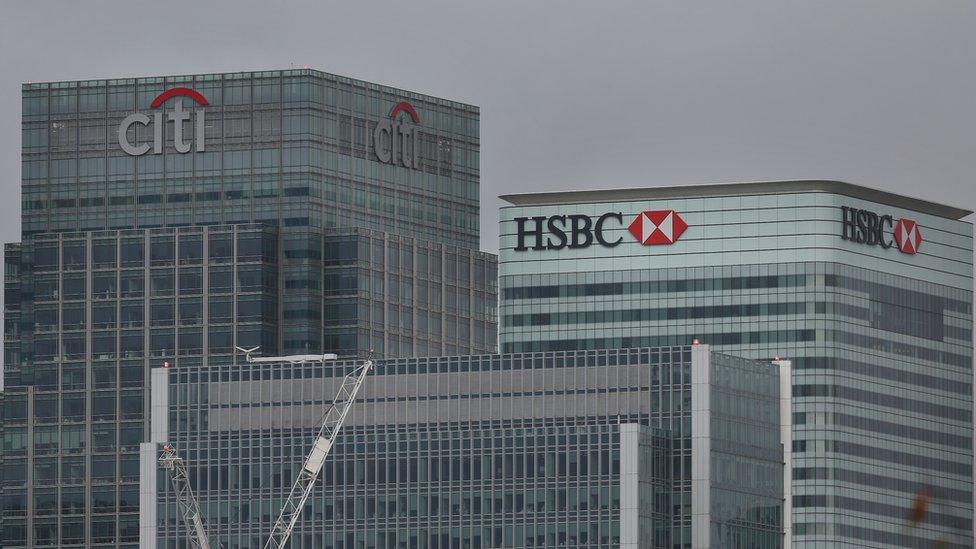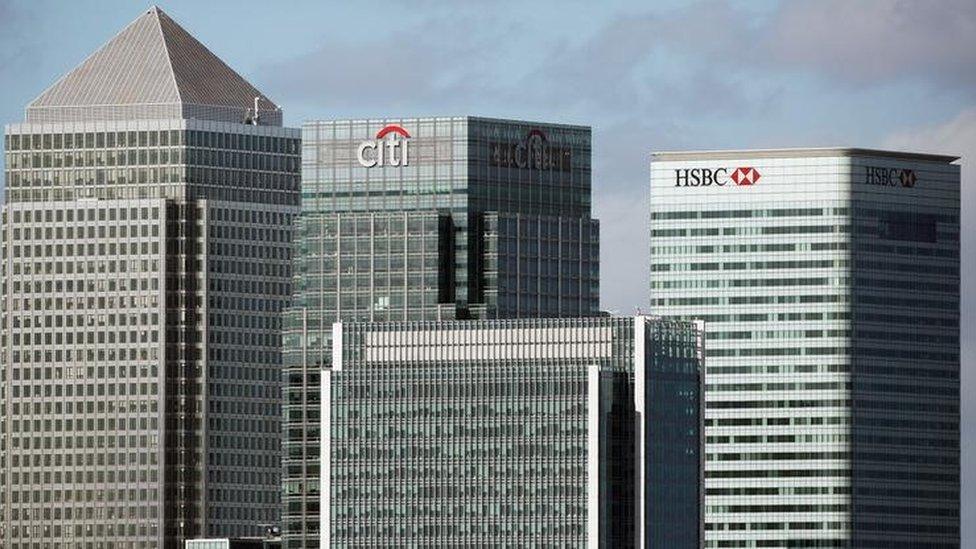Some companies plan Brexit hiring freeze, says IoD
- Published

Some companies are likely to impose a hiring freeze following Britain's vote to leave the European Union, according to a leading business group.
The Institute of Directors (IoD) surveyed 1,000 of its members and found that a quarter planned to freeze recruitment.
The results suggested that almost a third would keep hiring at the same pace, with 5% planning to cut jobs.
Almost two-thirds said the vote was negative for their business.
However, at the weekend, Gerard Lyons, chief economic strategist at Netwealth and a former adviser to Boris Johnson, said that even though there was short-term uncertainty, in the long-term Britain would be better positioned within the global economy.
He believed that the UK was gaining control of its own destiny as it distanced itself from stifling EU regulations.
'Clear message'
Simon Walker, director general of the Institute of Directors, told the BBC's Today programme: "Business leaders are very, very concerned. Nearly half of them expect the other member states to punish Britain."
Mr Walker said he did not think those that voted for Brexit realised they were voting "for constitutional and economic chaos", but he added half his members did think they could keep going.
"There's no point crying over spilt milk. Over time we must not lose faith in business to recover, but it was always going to be a shock with a loss of jobs and economic growth for quite a long time and it looks as though it will permeate through the whole of British business."
Mr Walker also told prospective leaders of the Conservative party: "Businesses have a clear message to those who may wish to replace David Cameron as prime minister: during the referendum campaign we were promised an open and outward-looking country after Brexit, now it must be delivered."
On Sunday, the Foreign Secretary Philip Hammond, who campaigned to remain in the EU, said "It is essential that we protect our access to the single market. Whether we like it or not our economy over 40 years has become shaped by that access, and to lose that access would be catastrophic.
"As we sit here I believe that the flow of foreign direct investment to the UK has all but dried up, while international businesses wait to see how this question is to be resolved. "
Company concern
On Monday, airline Easyjet and estate agent Foxtons both warned of the impact of the vote to leave the EU on their business.
Easyjet said the vote meant "additional economic and consumer uncertainty is likely this summer" and it expected revenues to fall as a result.

London-focused Foxtons said its annual earnings would be "significantly lower" than in 2015 and an expected upturn in the London property market in the second half of the year was "unlikely to materialise".
On Sunday, the BBC learned that HSBC plans to move up to 1,000 staff from London to Paris if the UK leaves the single market.
The staff who would be relocated would be those who process payments made in euros for HSBC in Canary Wharf.
Other banks may make a similar move if the current "passport" arrangement is lost.
It allows banks to do business across Europe without separate authorisation for individual countries.
The passport is widely used by all types of financial firms in the EU as well as companies from outside the European Economic Area (EEA), such as Switzerland and the United States.
If the banking passport is no longer available to UK-based firms, some operations would have to shift to a location inside the EEA.
- Published25 June 2016

- Published26 June 2016
